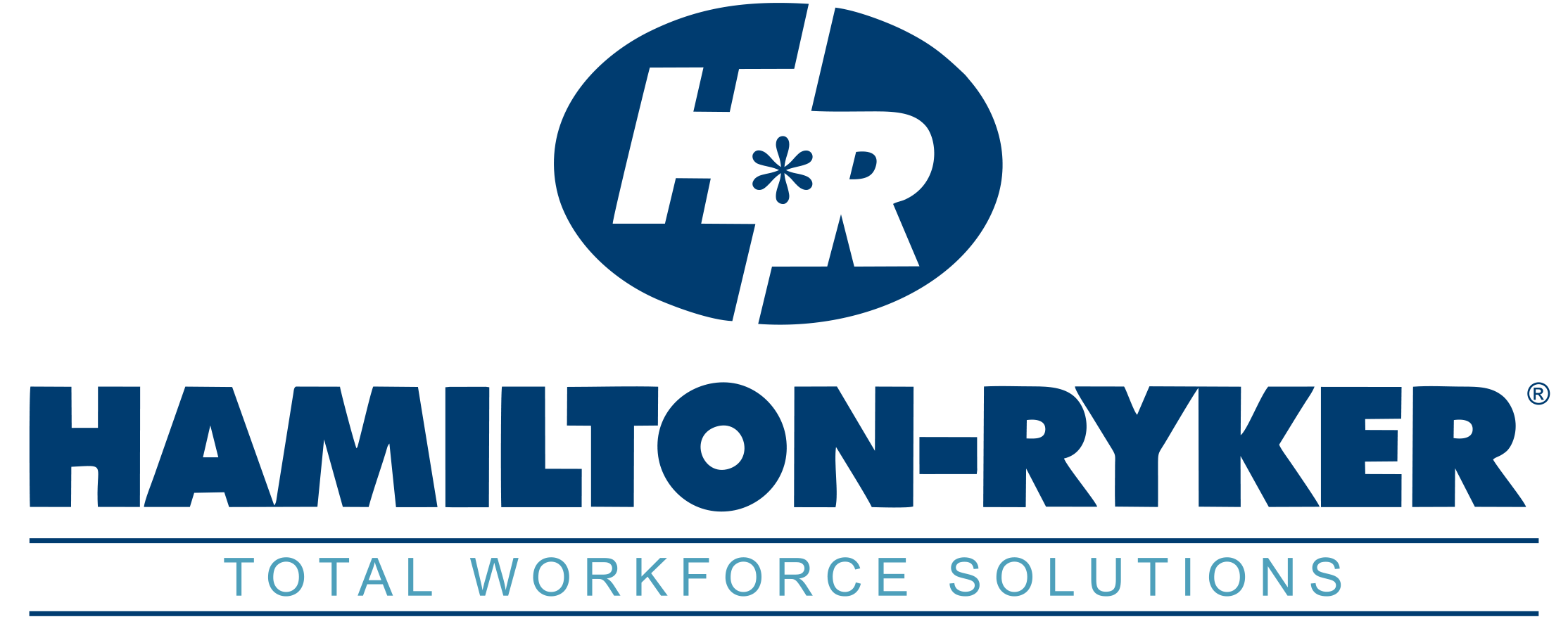Mastering Organization and Prioritization Skills for Administrative Roles
Administrative professionals typically have a lot on their plate, and figuring out how to stay on top of it all isn’t always easy. Fortunately, using the right strategies and techniques makes remaining organized and focused on priorities simpler. If you want to thrive in a fast-paced administrative role, here’s what you need to master.
Time Blocking and Timeline Estimation
One issue that can derail busy administrative professionals is failing to properly estimate the time required to complete a task. Similarly, not reserving enough time to complete the work is problematic. As a result, administrative professionals need to develop their time-blocking and estimation skills, allowing them to create an effective schedule for managing their to-do lists.
Ideally, administrative professionals should learn how to break down projects into their individual tasks. Then, determine the amount of time required for every step. Once that’s done, it’s possible to leverage your calendar as a makeshift to-do list, using alerts to ensure you remain on target or if you fall behind due to an incorrect initial estimation, allowing you to reassess the rest of the work and adjust the schedule.
The Difference Between Urgent and Important
When you’re trying to prioritize your duties, ensuring you aren’t mistaking urgency for importance is essential. Just because a task seems pressing doesn’t mean it should automatically become a priority. Instead, it’s best to identify whether it deserves your immediate focus by categorizing it correctly.
Typically, duties fall into one of four categories. First, there’s urgent and critical, which are activities with short timelines that are crucial for operations. Next, you have not urgent but critical. Those tasks have a significant impact – so they deserve your attention – but may have a more flexible timeline, so they can occur after the duties in the first category.
Third, you have urgent but non-critical. While you should handle them as soon as you’re able, they shouldn’t take precedence over genuinely crucial tasks. Finally, there’s non-urgent and non-critical, which you should de-prioritize since they make demands on your time without providing a significant return.
Distraction Elimination and Multi-Tasking Avoidance
Distractions draw your attention from the task at hand, making you less efficient in your role. Popup notifications, incoming message alerts, and similar disruptions prevent you from concentrating on your duties, leading to decreased productivity. By eliminating as many from the equation – such as turning off incoming email popups or silencing smartphones – as possible, focus is easier to maintain. Even if you only toggle them off when during detail-oriented tasks, ensuring you’re reachable most of the time, it makes a difference.
Similarly, for the vast majority of people, multi-tasking is functionally a myth. Instead of doing multiple activities simultaneously, you’re merely switching between tasks rapidly. Every transition requires you to reacclimate, a process that costs you time.
By single-tasking instead, you’re giving a duty your full attention through to completion. That level of focus typically boosts efficiency, making it easier to complete all of your activities in less time.
Ultimately, organization and prioritization skills are essential for administrative professionals, and the strategies above can make you more effective in a fast-paced admin role. If you’d like to learn more or are seeking out a new administrative job, Hamilton-Ryker wants to hear from you. Explore our job listings or contact one of our recruiters today.

